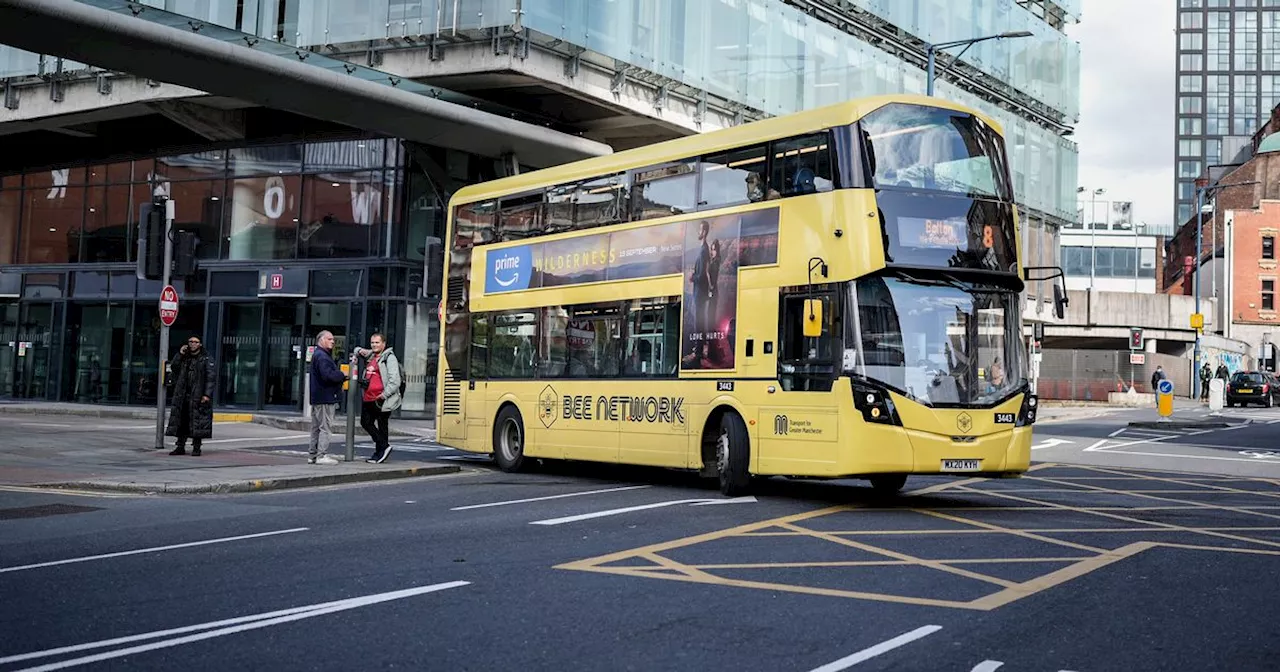Transport for Greater Manchester (TfGM) is reviewing bus routes in Salford, Wigan, Leigh, and Bolton to identify areas for improvement. The review aims to address concerns raised by residents regarding the unreliability of the bus network, particularly in the western parts of Salford. Councillor Robin Garrido highlighted the difficulties faced by older residents in accessing essential services due to limited bus routes.
Salford could see the introduction of new bus routes across the city following a comprehensive review of its current services, according to a local councillor. Transport for Greater Manchester (TfGM) officials are currently examining routes in Salford , Wigan, Leigh, and Bolton, gathering data and public feedback to inform future service enhancements.
This review marks a significant step forward as all buses in the region have been brought back under local control for the first time in 40 years through the Bee Network. The final phase of this transition was completed on January 5th. However, Salford councillor Robin Garrido raised concerns at a recent council meeting, highlighting the persistent unreliability of the network for residents in the western parts of the city. He cited examples like Worsley, Boothstown, and Roe Green, where accessing essential services like hospitals by bus proves difficult. Garrido emphasized that while improvements in bus quality, including cleaner and electric buses, are commendable, their effectiveness is undermined if older residents in these areas lack reliable transportation to their destinations. Coun Mike McCusker, Salford council's transport lead, acknowledged the detrimental impact of bus privatization on former routes, stating that it led to a significant decline in service coverage. He expressed optimism that the return of bus services to local control presents an opportunity to rectify these shortcomings. He agreed that the west of the city requires special attention regarding its bus network connectivity and confirmed that a review of routes within Salford is currently underway.McCusker attributed the decline in bus routes to the deregulation of the bus industry under Margaret Thatcher's government, which prioritized profit over public service, often leaving communities with the greatest need for buses with limited options. He highlighted that the increased ridership and revenue generated by the Bee Network offer a valuable chance to invest in bus infrastructure, including electric buses, charging points, and accessible spaces for disabled passengers. He also emphasized that this renewed control allows for the reintroduction of routes that were sacrificed during the era of privatization. Nick Roberts, senior network review manager at TfGM, elaborated on the ongoing network reviews in Salford, Wigan, Leigh, and Bolton, emphasizing that the primary goal is to gather data and community feedback to identify areas for improvement and propose actionable recommendations. Roberts assured that each review, including the one in Salford, will be firmly grounded in evidence, utilizing all available information to inform decisions
BUS NETWORK TRANSPORT FOR GREATER MANCHESTER (TFGM) SALFORD BUS ROUTES BEE NETWORK PUBLIC TRANSPORT LOCAL CONTROL Privatization Bus Deregulation COMMUNITY FEEDBACK
United Kingdom Latest News, United Kingdom Headlines
Similar News:You can also read news stories similar to this one that we have collected from other news sources.
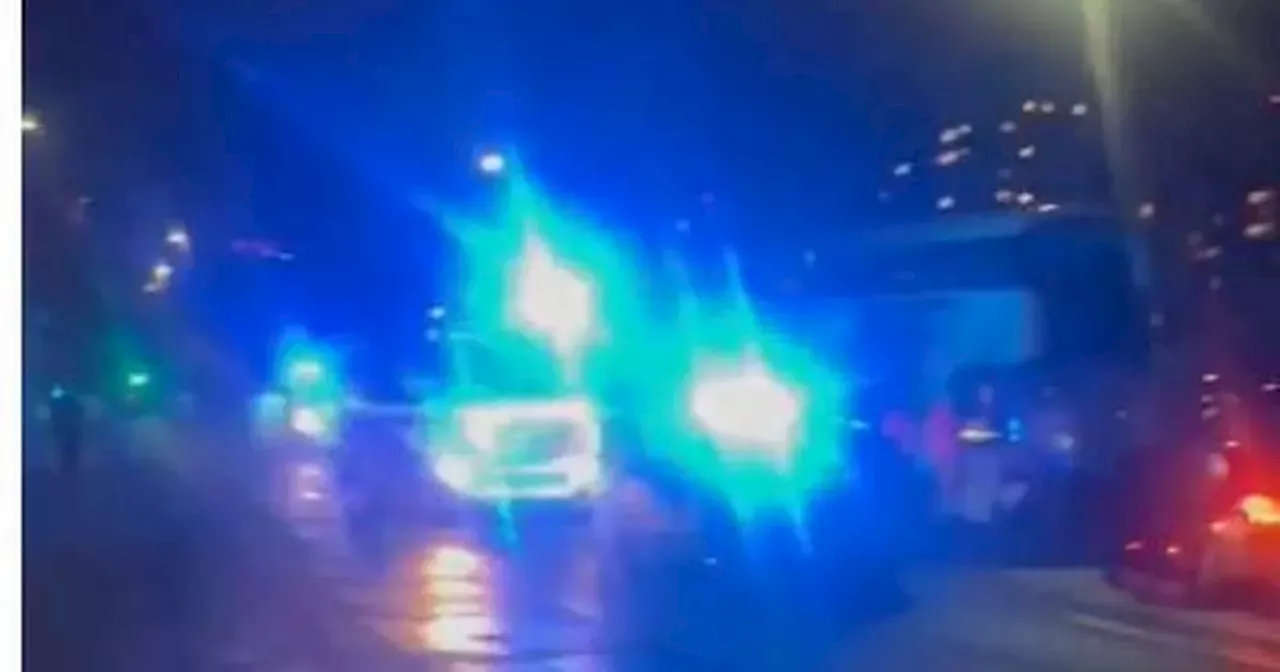 Five Hospitalized After Serious Bus and Car Crash in SalfordA major road in Salford, England, is closed after a collision between a Bee Network bus and a car left five people hospitalized. Emergency services responded to the crash on Blackfriars Road on Sunday night.
Five Hospitalized After Serious Bus and Car Crash in SalfordA major road in Salford, England, is closed after a collision between a Bee Network bus and a car left five people hospitalized. Emergency services responded to the crash on Blackfriars Road on Sunday night.
Read more »
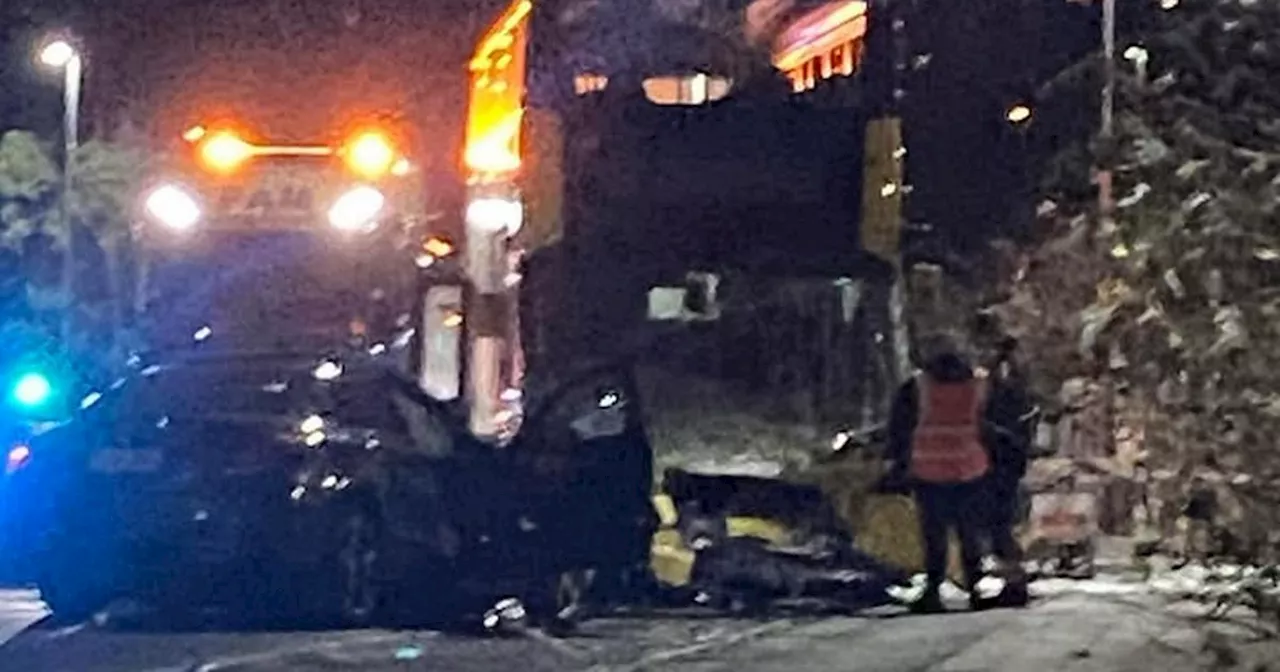 Bus and Car Crash in Salford: No Serious Injuries ReportedA crash involving a bus and a car on Blackfriars Road in Salford resulted in four people being rescued from the bus by firefighters. Five individuals were taken to the hospital as a precaution, but no serious injuries were reported.
Bus and Car Crash in Salford: No Serious Injuries ReportedA crash involving a bus and a car on Blackfriars Road in Salford resulted in four people being rescued from the bus by firefighters. Five individuals were taken to the hospital as a precaution, but no serious injuries were reported.
Read more »
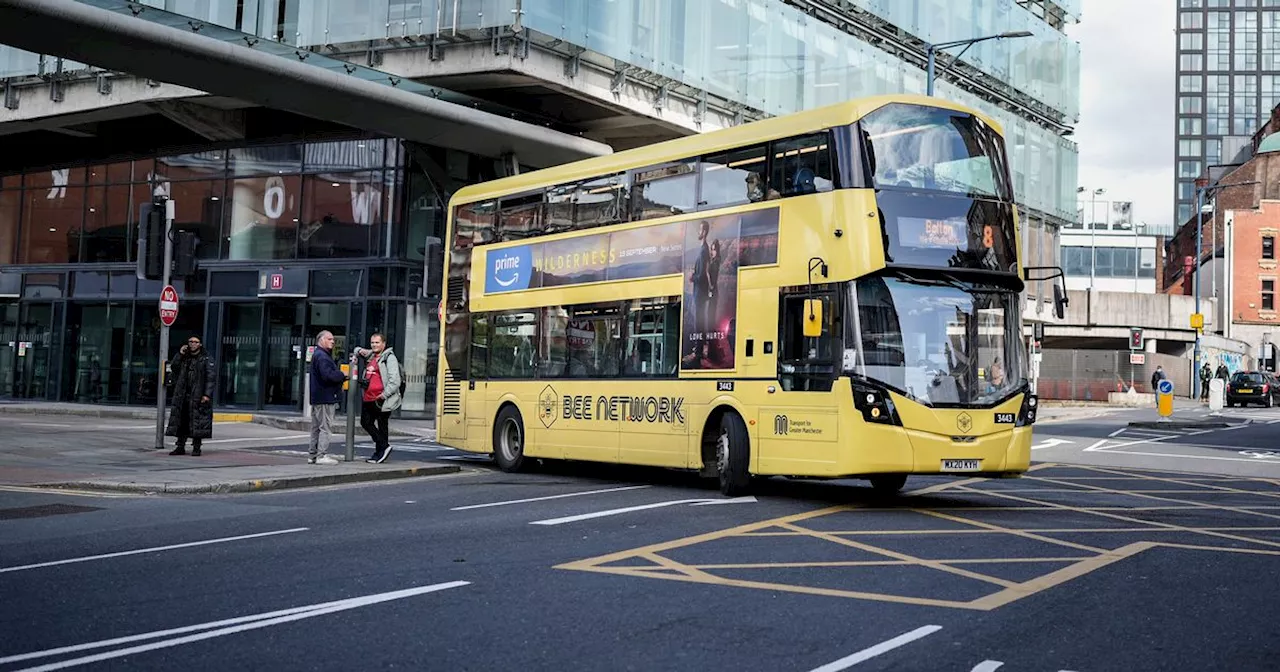 Salford to Review Bus Routes for Service ImprovementsTransport for Greater Manchester (TfGM) is reviewing bus routes in Salford, Wigan, Leigh, and Bolton to identify improvements and address concerns about unreliability, particularly in west Salford. The review comes after all buses in the region were brought back under local control through the Bee Network.
Salford to Review Bus Routes for Service ImprovementsTransport for Greater Manchester (TfGM) is reviewing bus routes in Salford, Wigan, Leigh, and Bolton to identify improvements and address concerns about unreliability, particularly in west Salford. The review comes after all buses in the region were brought back under local control through the Bee Network.
Read more »
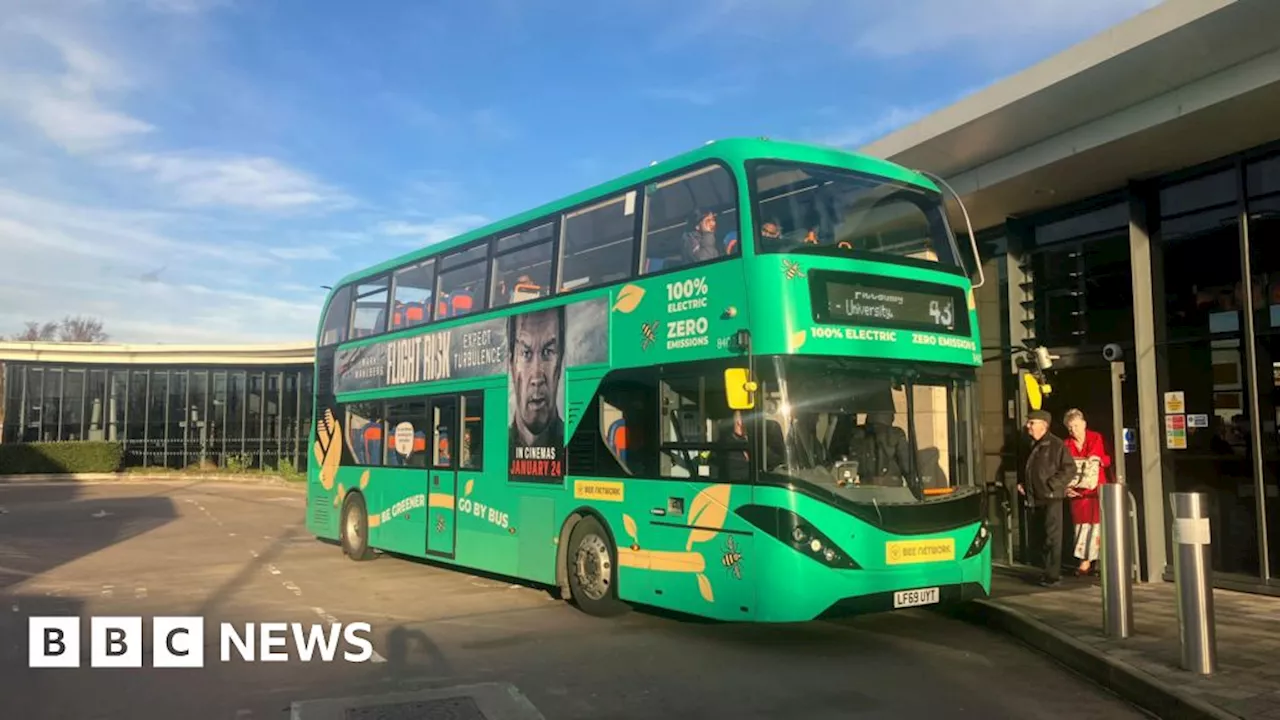 Greater Manchester Launches Publicly Controlled Bus NetworkGreater Manchester introduces a new publicly controlled bus network with a £2 fare cap, aiming to reduce car dependency. The Bee Network integrates with trams and plans to include rail lines by 2028, but faces criticism over potential reliance on subsidies and initial teething problems.
Greater Manchester Launches Publicly Controlled Bus NetworkGreater Manchester introduces a new publicly controlled bus network with a £2 fare cap, aiming to reduce car dependency. The Bee Network integrates with trams and plans to include rail lines by 2028, but faces criticism over potential reliance on subsidies and initial teething problems.
Read more »
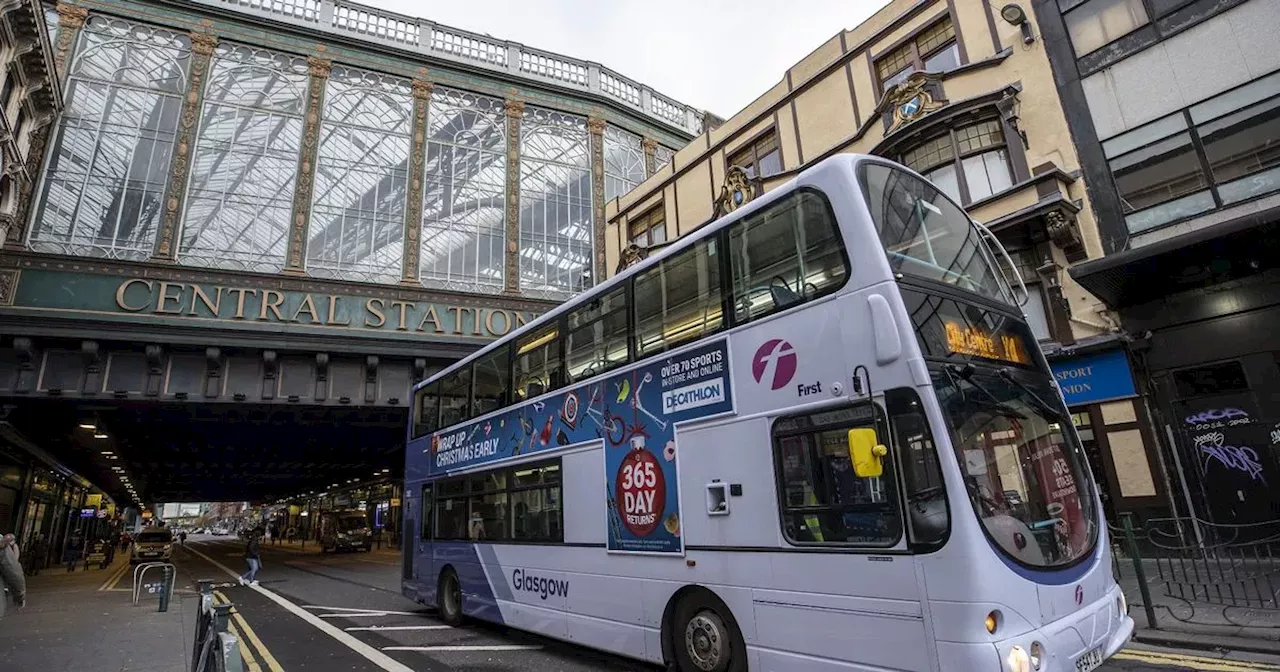 Scotland's Bus Network Crumbles: Thousands of Routes Lost, Communities at RiskResearch reveals a dramatic 44% decline in registered bus routes in Scotland since 2006, with over 1,400 routes lost and 190 cut in the last year alone. Scottish Labour criticizes the Scottish Government for delaying franchising plans and failing to invest in bus infrastructure, leaving communities vulnerable and reliant on unreliable services.
Scotland's Bus Network Crumbles: Thousands of Routes Lost, Communities at RiskResearch reveals a dramatic 44% decline in registered bus routes in Scotland since 2006, with over 1,400 routes lost and 190 cut in the last year alone. Scottish Labour criticizes the Scottish Government for delaying franchising plans and failing to invest in bus infrastructure, leaving communities vulnerable and reliant on unreliable services.
Read more »
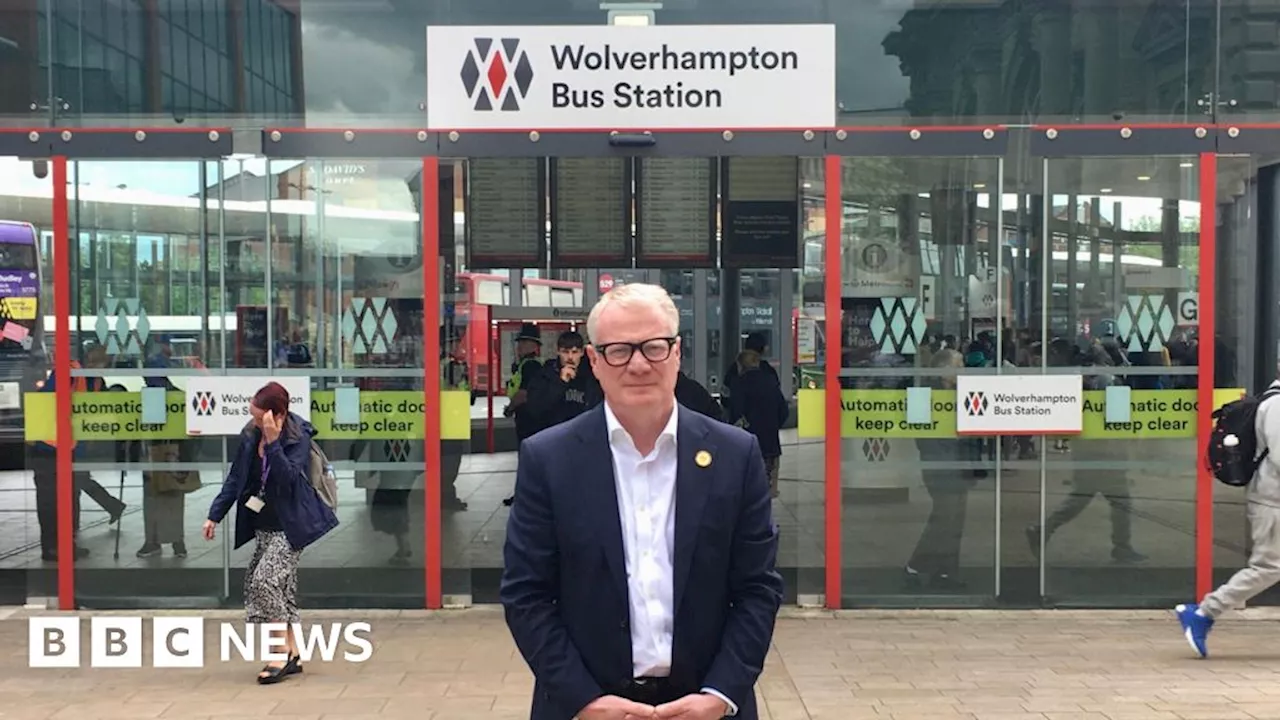 West Midlands Mayor Proposes Bus Network TransformationThe West Midlands mayor is proposing a major overhaul of the region's bus network, seeking public input on a new franchise model. This would give the Transport for West Midlands (TfWM) more control over fares, routes, and timetables. The current system, reliant on private operators, has faced criticism for rising fares and service reductions.
West Midlands Mayor Proposes Bus Network TransformationThe West Midlands mayor is proposing a major overhaul of the region's bus network, seeking public input on a new franchise model. This would give the Transport for West Midlands (TfWM) more control over fares, routes, and timetables. The current system, reliant on private operators, has faced criticism for rising fares and service reductions.
Read more »
